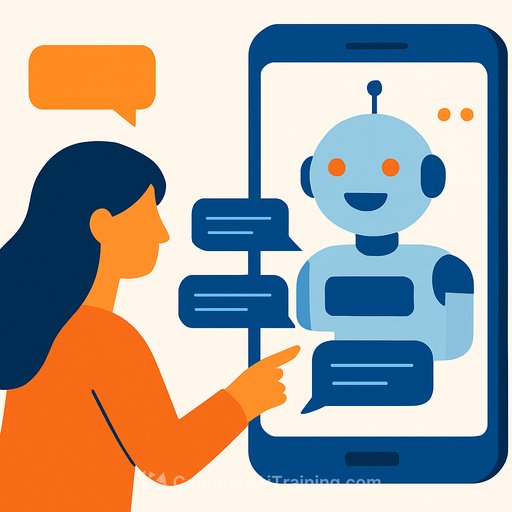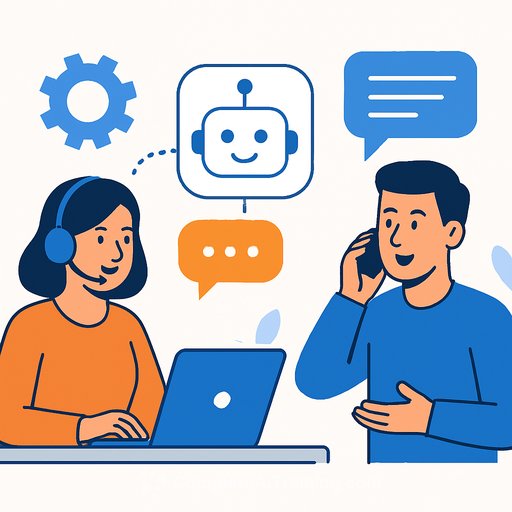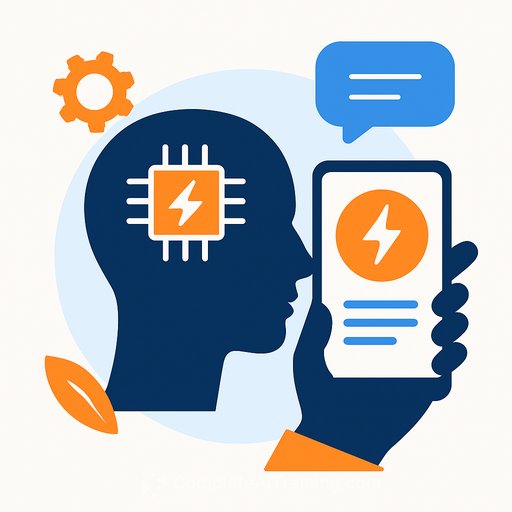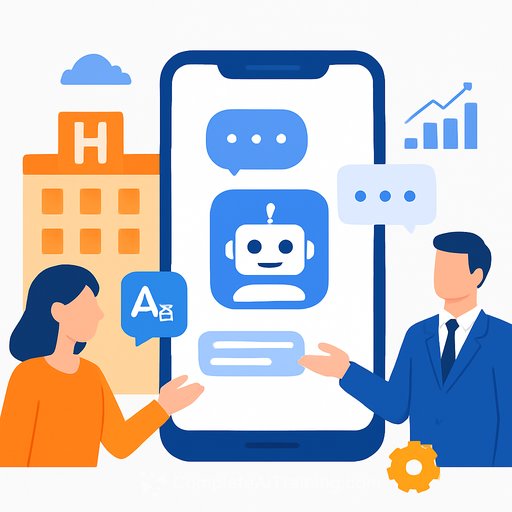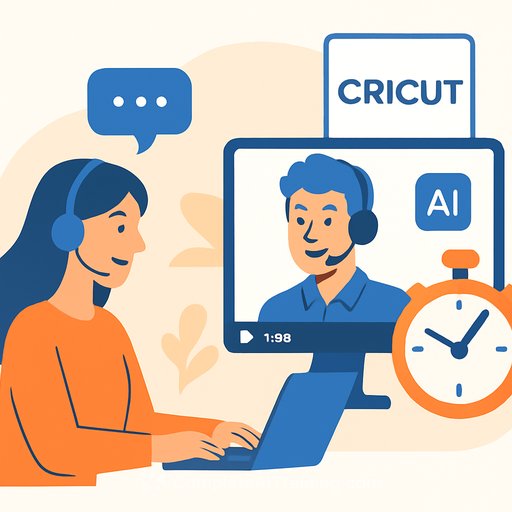Meta’s New AI Chatbots That Start Conversations Without User Prompts
Meta has launched a new feature that lets AI chatbots proactively message users on WhatsApp, Messenger, and Instagram. Unlike traditional chatbots that wait for users to reach out first, these AI personalities can now initiate contact and keep conversations going.
How Meta’s Proactive AI Works
Imagine scrolling through your social feed and getting a message out of the blue from an AI chatbot interested in movies. It might say something like, “Hope you’re having a harmonious day! Have you found any new favorite soundtracks or composers? Need movie night recommendations?” This example comes from leaked documents that highlight Meta’s partnership with Alignerr, a data labeling company.
These AI personalities are created via Meta’s AI Studio platform and can remember past conversations, allowing them to follow up in a natural, ongoing way. However, there are limits: follow-up messages can only be sent within 14 days after the initial chat, and only if the user has exchanged at least five messages with the AI during that time.
User Control and Privacy Settings
Users can manage their AI chatbots with privacy controls, keeping them private or sharing through social stories, profile displays, or direct links. According to Meta, this setup encourages deeper and more meaningful discussions with the AI across their apps.
How Meta Fits in the Industry
Meta’s proactive chatbot approach is similar to what AI startups like Character.AI and Replika offer. Both have bots that start conversations and act as digital companions. Interestingly, Character.AI’s new CEO, Karandeep Anand, used to be Meta’s VP of business products.
Safety and Legal Concerns
Allowing AI to message users first raises safety questions, especially with ongoing lawsuits against Character.AI linked to a tragic incident involving a teenager. Meta points users to disclaimers warning that AI responses can be inaccurate or inappropriate, and that these chatbots are not substitutes for professional advice in medical, legal, financial, or psychological matters.
Meta hasn’t clarified age restrictions for using these AI chatbots. While the company imposes no limits, some regions like Tennessee and Puerto Rico have laws restricting teens from using similar platforms.
Business Model and Revenue Outlook
Meta’s push into proactive AI ties into Mark Zuckerberg’s goal of addressing social isolation. Yet, the company’s advertising-driven model suggests another motive: keeping users engaged longer means more ad views. Court documents revealed Meta expects generative AI to bring in $2 billion to $3 billion in 2025, growing to $1.4 trillion by 2035.
Revenue will come partly from partnerships sharing profits on Meta’s open-source Llama AI models. Meta also hinted that AI assistants might include ads or subscription features in the future but did not provide clear details on how chatbots will be monetized.
Looking Ahead: AI and Virtual Reality
Meta has not commented on potential integration of these AI chatbots with Horizon, its social virtual reality platform. This silence leaves open the possibility of more immersive AI interactions down the line.
For customer support professionals, understanding these developments is crucial. AI chatbots that reach out first could change how brands engage customers, offering new opportunities—and challenges—in managing user interactions.
To explore practical AI skills that can help you stay ahead in customer support roles, check out Complete AI Training’s courses by job.
Your membership also unlocks:

